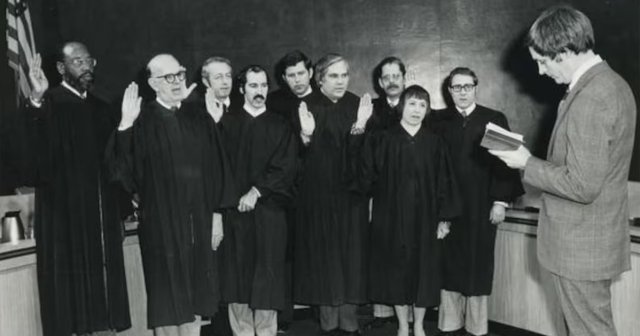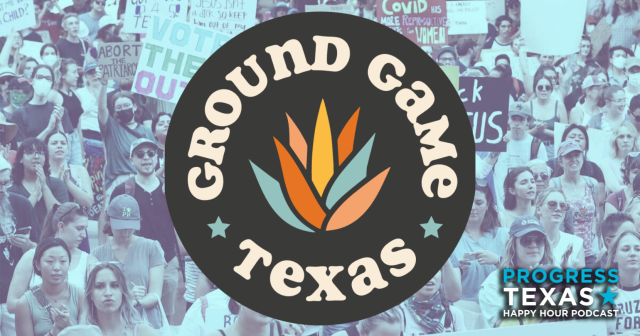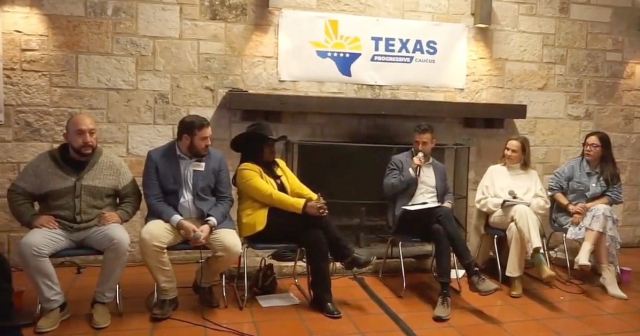Ed. Note: the following is Part 3 of our 5-part SCOTUS 2015 series reviewing decisions from this summer.
Between the latest Voter ID laws in Texas and the rampant use of redistricting for political gain – also known as gerrymandering – how much say do we really have in who gets elected?
Fortunately, in a blow to partisan gerrymandering, the Supreme Court ruled this week that independent redistricting commissions are allowed.
Here's the background on the case, Arizona State Legislature v. Arizona Independent Redistricting Commission.
In 2000, the people of Arizona passed a statewide referendum that gave redistricting authority to an independent commission rather than the state legislature. A year later, the commission successfully redrew district lines - a process the legislature fought the entire way.
The Arizona legislature argued that the U.S. constitution gave them sole authority to change the districts in the state, even though the people of Arizona banded together to change the system.
During the oral arguments on March 2nd of this year, Supreme Court justices wrestled with the issue and appeared extremely divided. Afterword, The Atlantic summed up the implication of a decision favoring the Arizona legislature:
“If the Court rules against the commission, we can confidently expect competitive congressional districts in Arizona to disappear. The people will have no choice in most elections, and that cannot be what the Constitution was understood to mean by its Framers.”
However, not only would competitive districts in Arizona have disappeared, Justice Elana Kagan warned that the ruling could impact several other laws passed by referendums - including early voting laws, voter ID requirements, and vote-by-mail laws.
In the majority decision written by Justice Ruth Bader Ginsburg, she put the purpose of the commission and her decision in perspective:
Arizona voters sought to restore “the core principle of republican government,” namely, “that the voters should choose their representatives, not the other way around.”
The landmark decision is a remarkable push-back against political gerrymandering and is a clear sign to citizens in other states that if they have the mechanism, by referendum or a state constitutional amendment, they could start to remove the politics from redistricting.
Check out the posts below for more on our 5-part SCOTUS 2015 series reviewing this summer's rulings:
DONATE
Your donation supports our media and helps us keep it free of ads and paywalls.









